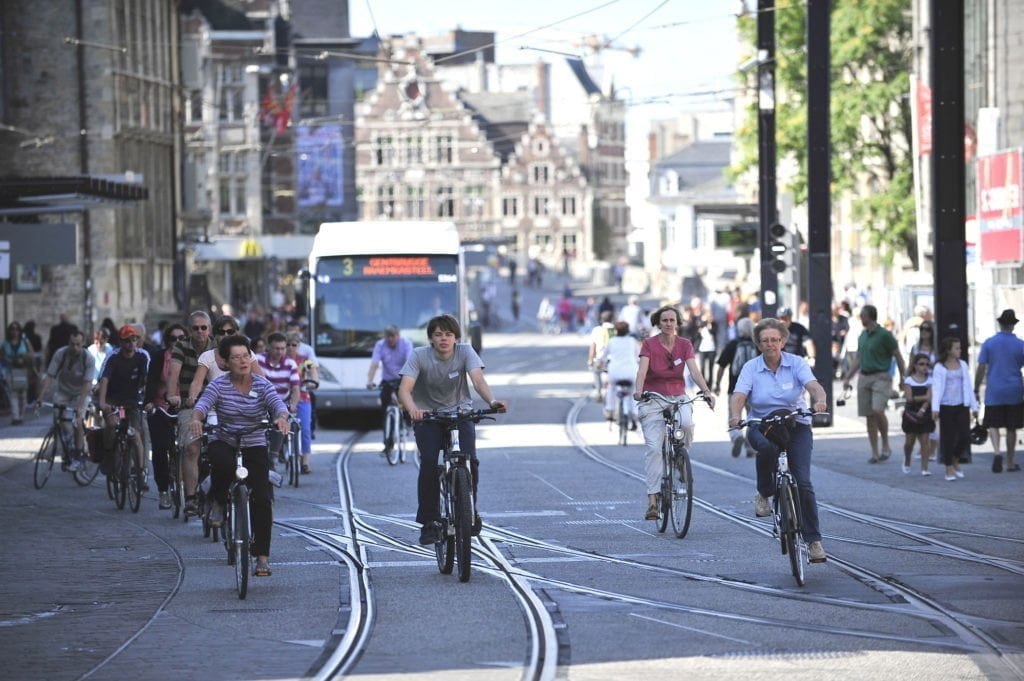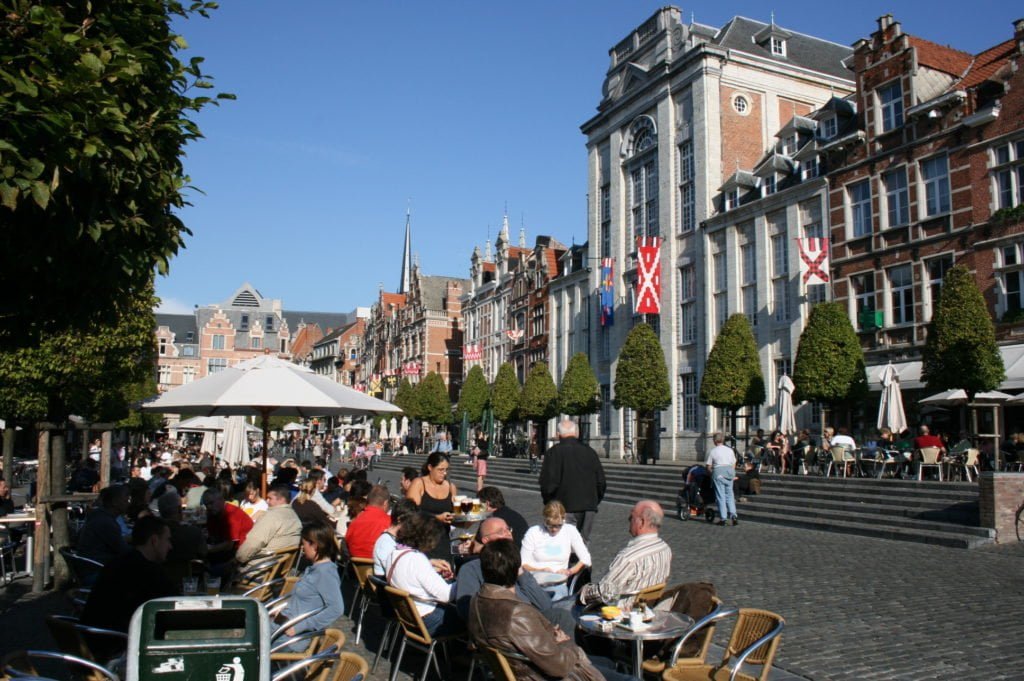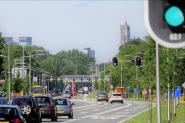Cities call for improved regulation of foreign drivers in UVARs
In a letter to members of the European Parliament’s Transport and Tourism committee, POLIS, Eurocities and 20 elected officials from both networks call for improved regulation of foreign drivers in directives on UVARs.
Creating cleaner and more inclusive urban mobility is perhaps the biggest challenge facing our cities today, and many have set ambitious targets. However, big ambitions must be met with bold action to confront car-centric transport systems that put people and places first, while achieving decarbonisation and decongestion objectives.
UVARs (Urban Vehicle Access Regulations) are instrumental in achieving this. Through innovative spatial interventions such as Low Emissions Zones (LEZs), congestion charges, Limited Traffic Zones (LTZs) and superblocks, cities can use UVARs to create greener, safer and more inclusive streets. Cities across Europe are increasingly looking to UVARs as urban management strategies to reallocate space and prioritise active travel and public transport while minimising access to polluting vehicles.
From Rome’s Limited Traffic Zone to Brussels’ Good Move Regional Mobility Plan, Leuven’s Circulatieplan(link is external) and Paris’ zone à faibles émissions mobilité, cities across the globe are radically transforming cities into cleaner more liveable, more accessible places.
Meanwhile, smaller cities are also using them successfully. Superblock development in Vitoria Gasteiz(link is external) and Helmond’s Brainport Smart District(link is external) - where locally led reallocation of space to prioritise active travel and public transport is changing mobility from the bottom up.
The importance of regulating foreign vehicles
However, Cross-border enforcement of UVARs (checking if a foreign vehicle complies with a given UVAR and issuing warnings/fines to non-compliant foreign vehicles) is a major challenge for many cities. In their current form, municipal enforcement procedures are not equipped to achieve this, with widespread fine avoidance for traffic violations.
In Amsterdam alone, 35% of the trucks entering the city carry a foreign license plate for which the vehicle ownership cannot be verified. The repercussions of the inability to regulate foreign vehicles are displayed in Milan, where despite comprehensive limited traffic zones and congestion charge scheme, in 2020, 75% of foreign drivers didn’t pay their traffic fines which amounted to €6 million (according to the local press).
This is creating disparities in the treatment of local and foreign drivers while undermining the city’s progressive efforts to cut transport-related emissions.
“European citizens expect a fair application of rules that affect personal travel behaviour. European companies expect a level playing field about compliance with environmental regulations. This is at stake in the revision of the cross-border enforcement directive: cities want access to vehicle ownership data of those that break the rules of Urban Vehicle Access Regulations to have a more fair system, where local and non-resident drivers are treated equally,” says Ivo Cre, Coordinator of POLIS’ Access Working Group- which regularly reviews topics related to UVARs.
The European Parliament’s Transport and Tourism Committee (TRAN) are currently debating the “Cross-Border Enforcement Directive”, which is intended to support fining foreign drivers breaching local traffic rules. This is a topic which has long been on their radar, with a 2017 report recommending methods of enforcement regarding foreign vehicles such as the establishment of national bilateral agreements.
Testing and demonstration of solutions in the Barcelona Region’s Low Emission Zone – a region with a substantial number of non-resident visitors- has revealed the potential success of such harmonisation.
Now, as the letter asserts, more rigorous European legislation is critical for effective action, and while recent policy initiatives have begun to provide this, there is still room for much progress.
What the letter calls for
Signatories to the letter- which include cities from all corners of Europe- urge the European Commission to include urban vehicle access regulations in the scope of the Cross-Border Enforcement Directive, currently being discussed by the TRAN Committee.
Specifically, the letter calls for amendments to 28 – 30 – 71 – 80 – 83 – 100. If amended, the directive will allow member states and their cities to collect technical vehicle information from vehicles entering a UVAR, offering a legal basis to process them in full compliance with the relevant data protection rules.
This letter also builds on the substantial work POLIS has conducted on this topic at the international policy level and on the ground in cities and regions. Indeed, recent projects including REVEAL, which examined how UVARs could support cities to develop new mobility management strategies, as well as explored the associated pricing mechanisms and regulatory measures, trialling innovative approaches in six cities around Europe.
Similarly, UVARBOX has been supporting the private, public and commercial use of UVARs, facilitating UVAR compliance, which is especially an issue for those travelling in foreign countries and across borders.














